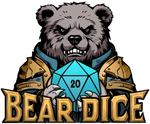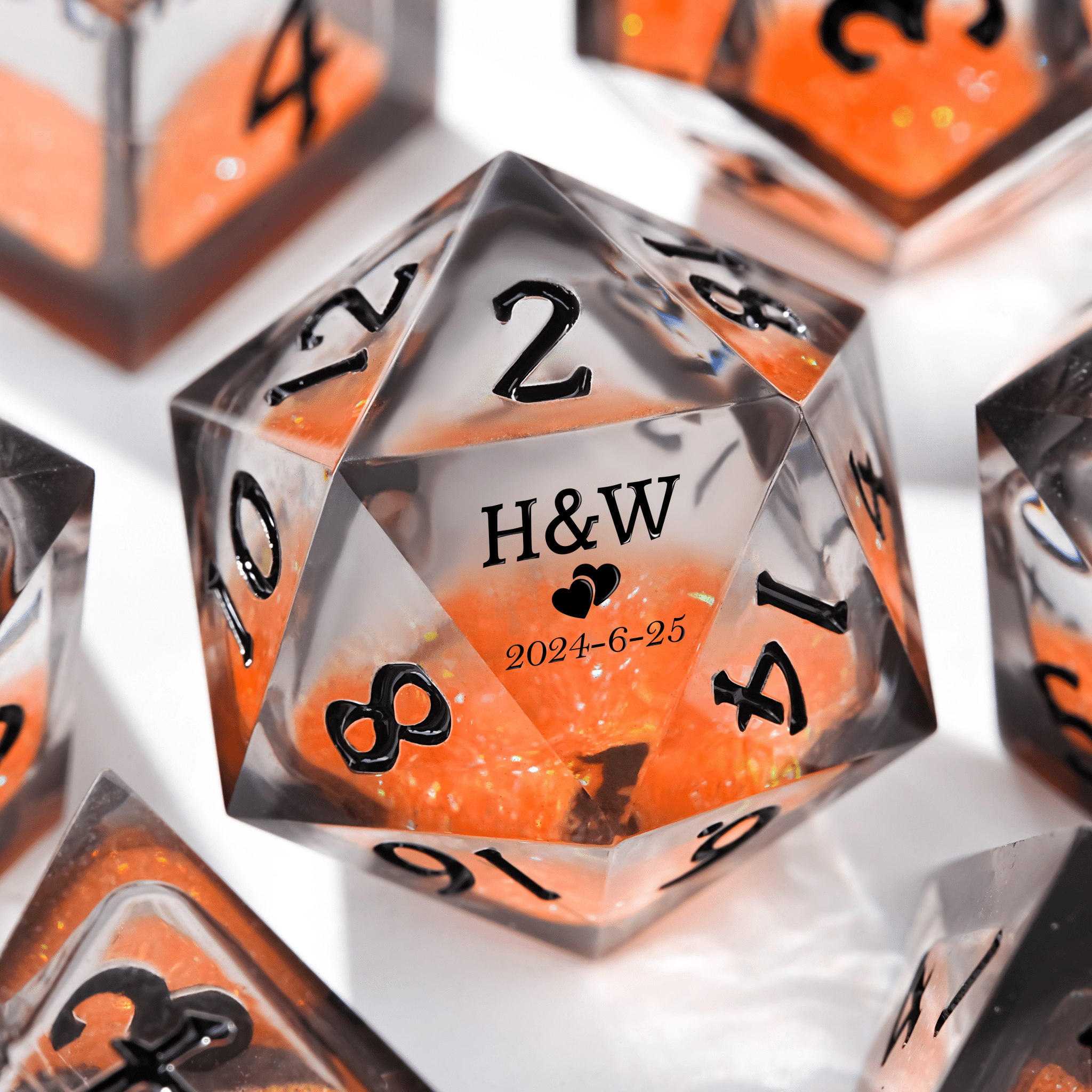If you’re new to the world of Call of Cthulhu games, diving into its eerie mysteries and cosmic horrors can feel both exciting and intimidating. Don’t worry! With a few handy tips, you can enjoy a smoother, more immersive experience while avoiding common rookie mistakes. Here are 10 practical tips to help new players navigate this classic tabletop role-playing game.
1. Understand the Basics Before Starting the Game
When you first start playing *Call of Cthulhu*, don't rush to roll the dice. Take some time to understand the core rules of the game so you don't get overwhelmed. This game is a bit different from your usual D&D games; it focuses on investigation, suspense, and psychological pressure, rather than simply fighting monsters and leveling up.
The core rules are simple: your character has various skills, such as Spot Hidden, Psychology, or Persuade. Each time you do something, you usually roll a D10 die to determine success. Most skill checks use the D100 system, which involves rolling two D10 dice, one for the tens digit and one for the units digit, to see if your roll is lower than your skill value. If it's lower, you succeed; if it's higher, you fail.
For example, if your character's Spot Hidden skill is 50%, rolling a 43 will succeed, and rolling a 67 will fail. Simply put, the higher your skill value, the greater your chance of success.
Tip: New players can prepare a set of D10 or D100 dice beforehand. This will make skill checks and combat judgments smoother and allow for a better experience of the game's tense atmosphere.
2. Value Sanity
Sanity is a key element in *Call of Cthulhu*. Unlike other role-playing games, in *Call of Cthulhu*, your character may suffer a mental breakdown, while in other games you might be able to withstand monster attacks unscathed. Pay close attention to your character's sanity and think carefully before taking any risky actions.
Tip: Play as your character and show their fear—this will make the game more immersive and enjoyable.
3. Focus on Investigation, Not Combat
New players often get caught up in fighting monsters. But the essence of *Call of Cthulhu* lies in solving puzzles and uncovering dark secrets. Take the time to collect clues, ask the Game Master (GM) questions, and gradually piece together the complete story. Combat should be a last resort.
4. Understand and Utilize Your Skills
Each character possesses unique skills—some excel at investigation, some at socializing, and some focus on combat. Take the time to understand your character's strengths. When faced with challenges, consider how to use your skills to address them.
For example: a character with a high "Detect Hidden" skill might notice important clues that others overlook.
5. Take Careful Notes
Details are crucial in this game. Carry a notebook with you to jot down names, dates, symbols, and mysterious events. You'll be amazed at how useful these notes are when the puzzles suddenly become clear.
Beginner Tip: Even small observations can become key clues in the story later.
6. Don't be afraid to ask questions
If anything is unclear, ask the Keeper of the Secrets. Whether it's the rules for skill checks using D100 dice or the scenery of the environment, clarifying questions can prevent frustration and make the game more enjoyable.
7. Play your role
The fun of Call of Cthulhu lies in character interaction. Speak and act like your character. Don't overdo it—just be consistent. The more immersed you are, the richer the story becomes.
Tip: Keep your character's motivations and fears in mind—they will naturally guide your decisions.
8. Be Prepared for the Unexpected
The horrors of Call of Cthulhu are unpredictable. Don't stick to a single plan—things can change at any time. Flexibility is crucial. Sometimes, a failed skill check or an unexpected monster encounter can make the story more memorable.
9. Work as a Team
While your character may be unique, teamwork is essential. Share information, discuss strategies, and support each other. Investigating a sinister mansion or cult doesn't have to be a solo endeavor.
Professional Tip: Utilize the strengths of your team members—those skilled in investigation can find clues, while those adept at combat can protect the team.
10. Enjoy the Story, Not Just the Numbers
Finally, remember that Call of Cthulhu is a story-driven game. Dice rolls and numbers are important, but the real fun comes from the suspense, drama, and unexpected twists of the story. Don't get bogged down in every little detail—immerse yourself in the eerie atmosphere.
You might ask these questions
Q1: Where should a beginner start?
A1: It's recommended to start with the default character and the introductory story. This allows for a quick start without dealing with complex character attributes and skills from the beginning. You can choose short detective stories to familiarize yourself with skill checks, SAN (Sanity Points), and dice usage rules.
Q2: Why is SAN important?
A2: Sanity represents a character's mental resilience. Facing terrifying events or monsters, a failed SAN check will cause the character to lose sanity, resulting in short-term or long-term madness, or even death. New players should remember that not every conflict requires combat; sometimes avoidance or retreat is safer.
Q3: What happens if I fail a skill check?
A3: Failing a skill check may delay investigations, trigger unexpected events, or even result in a loss of sanity. However, failure does not mean the end of the game. Failure itself can advance the plot, making the game more tense and story-driven.
Q4: Is combat the core gameplay?
A4: No. *Call of Cthulhu* emphasizes investigation and puzzle-solving. Combat is often dangerous and deadly. New players should learn to use clues, stealth, and negotiation, rather than simply relying on attacks to solve problems.
Q5: How can beginners quickly improve their character's skills?
A5: Characters grow gradually through actual skill use:
Successful skill use → Slightly increases skill value
Failed skill use → Reduces experience, but provides an opportunity to learn.
Remember, character growth is not about leveling up, but about increasing skill proficiency.
Q6: How to avoid rapid character death or mental breakdown?
A6: First, pay attention to your sanity; assess the risks before facing terrifying events; utilize skills such as reconnaissance, stealth, and negotiation, rather than direct confrontation; cooperate with your team to solve problems together; use Keeper's hints to avoid reckless behavior.
Follow these 10 practical tips for new Call of Cthulhu players to better navigate the game's mysteries, maintain sanity, and fully enjoy the game's unique narrative style. Remember: This is not just about rolling dice—it's about experiencing a suspenseful, intriguing, and Lovecraftian world of eerie horror.



